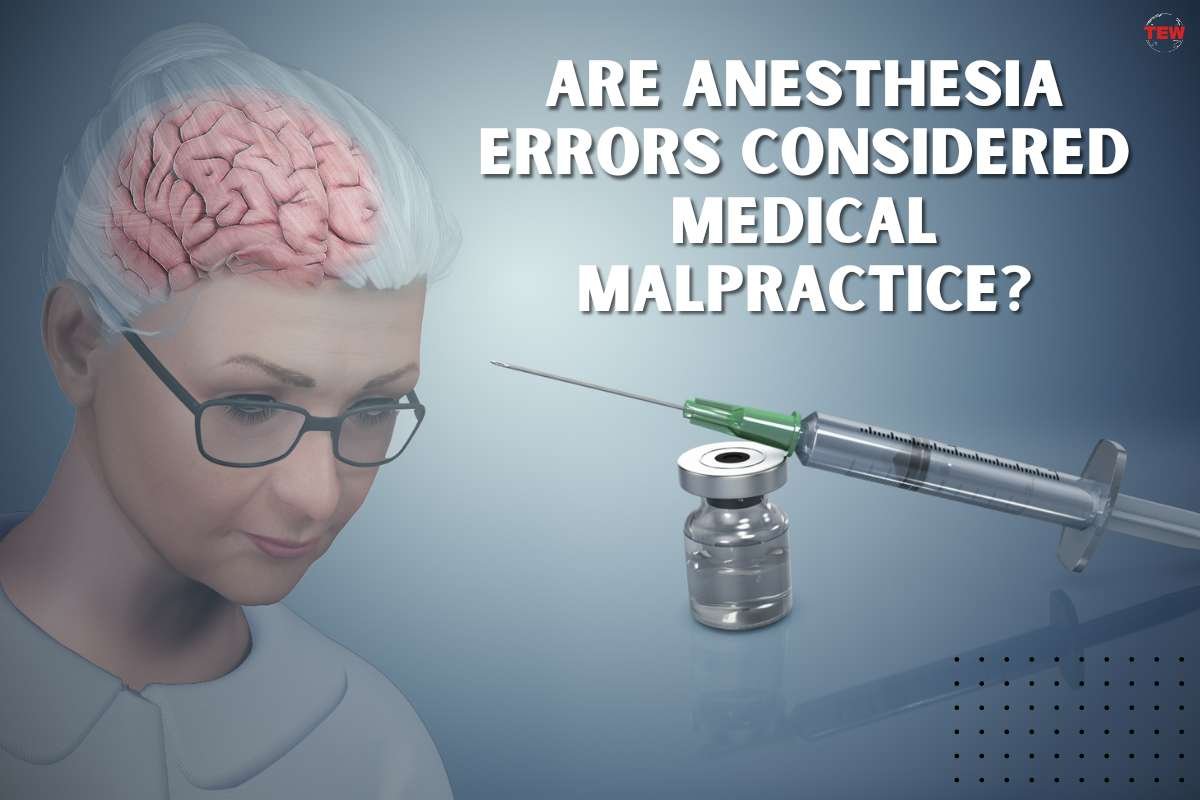Advances in medical technology continue to make anesthesia safer. Unfortunately, administering anesthesia isn’t without risk, and anesthesia errors before, during, or following a medical procedure can result in any one or a combination of complications and injuries. In a worst-case scenario, anesthesia complications may be fatal.
What’s more unfortunate is that up to 85% of anesthesiologists report at least an error during their career, according to a survey. This is to say that anesthesia errors are pretty common, and you or your loved one may be unfortunate enough to be victims.
If things go wrong, you have the option to sue your anesthesiologist and seek fair compensation for your injuries. A qualified lawyer will represent you and provide all the legal assistance you need with your claim against the anesthesiologist.
Common Anesthesia Errors
Anesthesia errors take various forms, falling into the categories of pre-operative, operative, and post-operative errors, as summarized.
1. Pre-Operative Errors

- Failing to review a patient’s medical history to determine potential complications such as allergy to anesthesia.
- Failing to provide clear pre-operative instructions, such as how long the patient should fast before the procedure and administering anesthesia.
2. Operative Errors
- Delaying the delivery or administration of anesthesia
- Administering the wrong type of anesthesia
- Giving inaccurate dosages, that is, administering too much or too little of the drug.
- Using defective medical tools and equipment to administer anesthesia
- Improperly intubating a patient
- Failing to properly monitor the patient under anesthesia during a medical procedure
- Failing to identify and manage complications
3. Post-Operative Errors
- Failing to provide proper post-operative instructions
- Leaving a patient sedated for too long after the procedure
- Leaving a patient under anesthesia unattended and failing to provide the required care
Proving Anesthesia Error in Medical Malpractice Claim
Many anesthesia errors are actionable medical negligence, which opens up the anesthesiologist to malpractice claims. It is, however, essential to remember that not all mistakes are medical malpractice. This is why you’ll need the guidance of a qualified lawyer to know what is and what isn’t medical malpractice.
For example, it’s the duty of the medical care provider or anesthesiologist to review patient medical records. This review will show whether you have any medication allergies or you are currently taking medications that could otherwise adversely interact with anesthesia.

Suppose the anesthesiologist fails to thoroughly review your record and catch these details. In that case, it counts as medical negligence if you suffer complications as a result of allergic reactions to the anesthesia.
Similarly, it’s medical negligence if the anesthesiologist fails to calculate the correct dosage. Too little anesthesia and you will have anesthesia awareness, meaning that you’ll be conscious during the procedure and feel pain, but won’t be able to communicate or move. On the other hand, getting a higher than necessary dosage may result in severe organ damage, put you in a coma, or worse, cause death.
Whatever the specific error, you must prove that the anesthesiologist was negligent. In other words, you must demonstrate that, in their actions or inactions, the anesthesiologist failed to exercise the expected degree of care and skill.
To support your claim, your lawyer will bring in an expert medical witness to testify. The witness will be someone with the same medical background and qualifications as your anesthesiologist. This means they are qualified and have the authority to speak on best practices and the defendant’s negligence of these practices.
Pursuing a Lawsuit for Anesthesia Errors
Anesthesia-related injuries may do more than impact your body. In addition to the medical bills related to treating physical injuries, you may incur other financial losses due to anesthesia errors. These include lost time from work and the associated lost wages. Similarly, when demanding compensation, you must consider other non-economic damages, such as emotional suffering and post-traumatic stress disorder.

If your anesthesiologist was negligent, you have a solid case and can pursue a medical practice lawsuit against them. While the average payout for medical malpractice varies based on factors such as harm suffered and necessary future treatments, you can look forward to fair compensation when you have a competent and experienced attorney acting on your behalf, be it at the settlement negotiation or on the floor of the court.
Contact a Lawyer
Medical malpractice claims related to anesthesia errors can be complicated, and you may become overwhelmed. Overcoming the inherent challenges, such as proving negligence and successfully navigating other nuances, requires unmatched expertise. If you or someone you know has suffered an injury due to anesthesia errors, contact a reputable lawyer and get the legal help you need.




